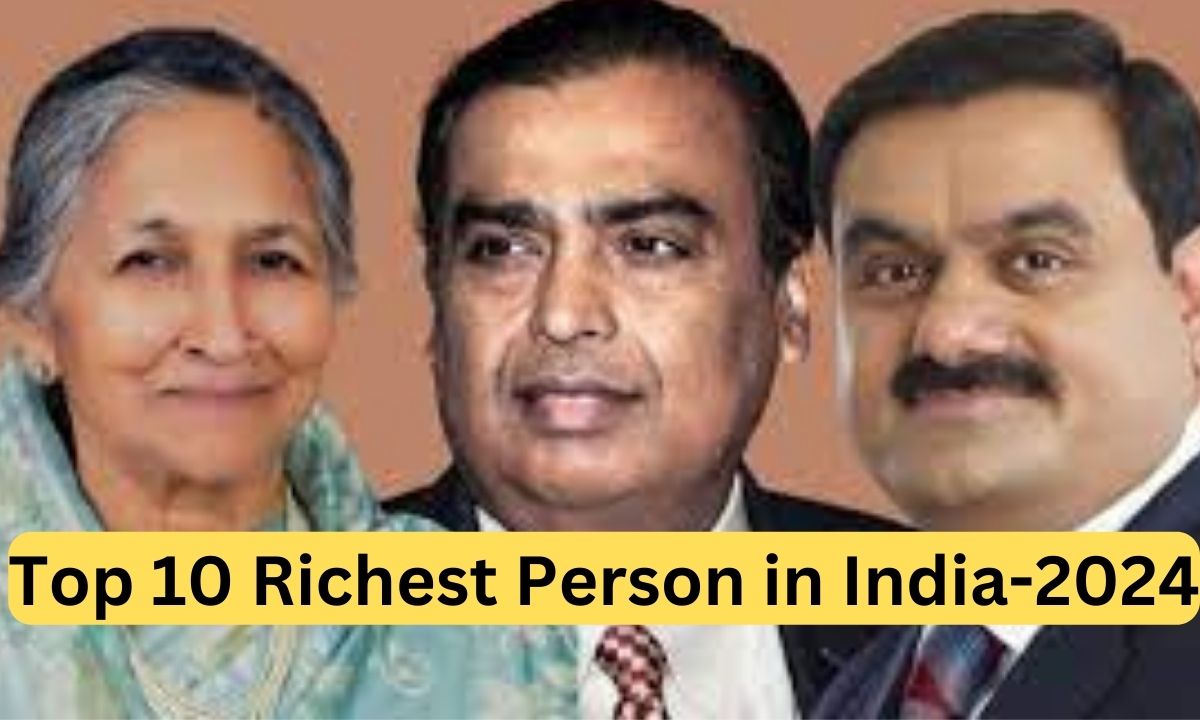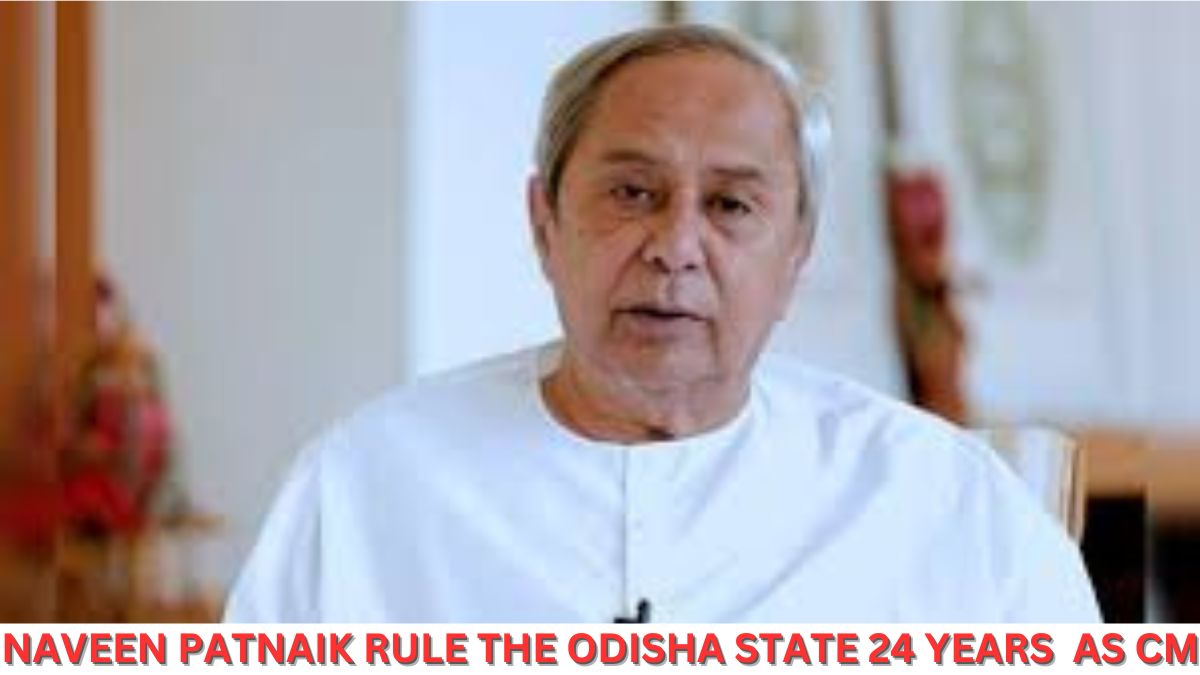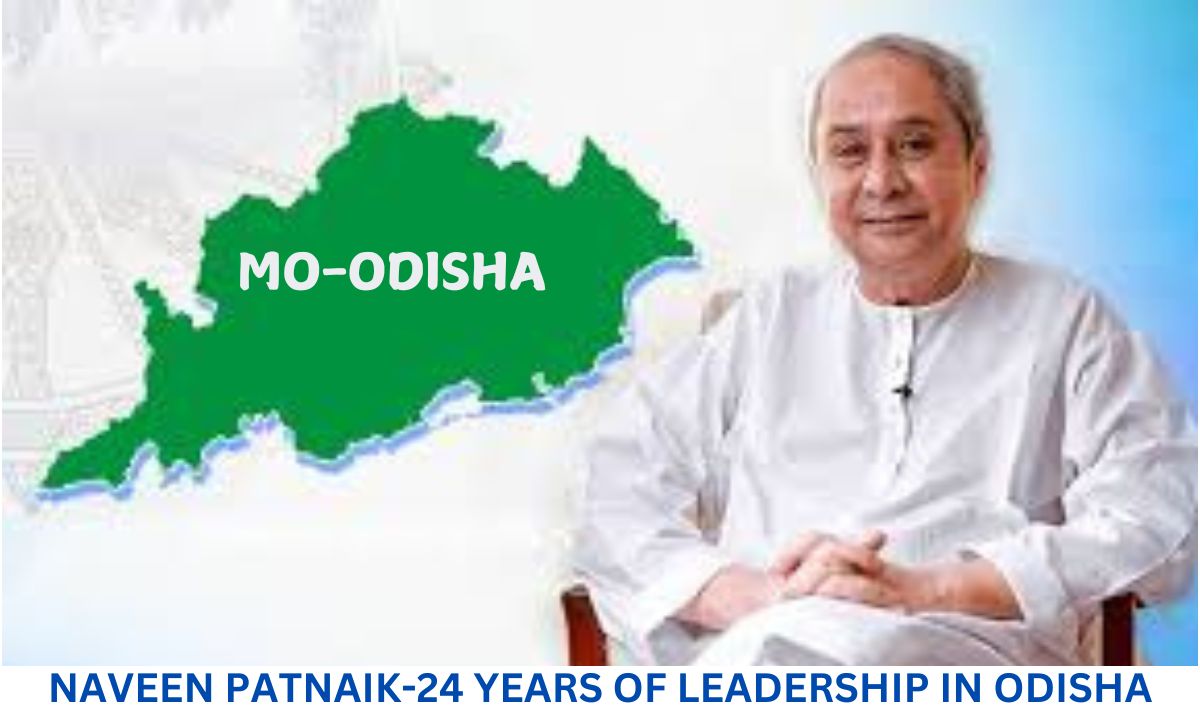Introduction
Ratan Tata, a name synonymous with integrity, resilience, and vision, stands as one of the most iconic figures in Indian business history. Known for his remarkable leadership, transformative initiatives, and unwavering commitment to ethical business practices, Tata redefined what it means to be a successful entrepreneur in India and around the globe. His career, spanning several decades, encapsulates an era of innovation, compassion, and a genuine concern for the welfare of society. This article delves into Ratan Tata’s journey from his early years to his exceptional achievements, examining the impact he has had on India’s business landscape.
Early Life and Education
Ratan Naval Tata was born on December 28, 1937, in Bombay (now Mumbai), into one of India’s most influential families. As the grandson of Jamsetji Tata, the founder of the Tata Group, Ratan was exposed to a legacy of industry and innovation from a young age. However, his early life was not without its challenges. His parents separated when he was just 10 years old, and he was subsequently raised by his grandmother, Lady Navajbai Tata, who played a significant role in shaping his values and character.
Ratan Tata completed his schooling at the Cathedral and John Connon School in Mumbai before moving to the U.S. to pursue higher education. He attended Cornell University, where he studied architecture and structural engineering. Later, he enrolled in the Advanced Management Program at Harvard Business School, which provided him with the necessary skills to navigate the business world with agility and insight. Though he was born into a business family, Ratan Tata chose to rise through the ranks rather than merely inherit his position, reflecting his commitment to merit and hard work.
Entry into Tata Group
Ratan Tata joined the Tata Group in 1961, taking on his first role at Tata Steel, one of India’s leading steel companies. He was assigned a challenging role on the shop floor, shovelling limestone and handling the blast furnaces. This hands-on experience was crucial in helping him understand the intricacies of Tata’s diverse operations, instilling a work ethic that emphasized humility and a profound respect for all employees, from entry-level workers to top executives.
In the 1970s, Ratan Tata took on leadership positions in various Tata companies, including Tata Tea, Tata Chemicals, and Tata Motors. However, his real test came in 1991, when he succeeded J.R.D. Tata as Chairman of the Tata Group, a transition met with skepticism from within and outside the organization. Many doubted if Ratan Tata, known for his quiet demeanour, could match the charisma and boldness of his predecessor. However, Ratan Tata was determined to prove his mettle, and his leadership soon transformed the group in unprecedented ways.
Transforming Tata Group: Ratan Tata’s Leadership and Vision
Ratan Tata’s tenure as Chairman marked a transformative era for the Tata Group, as he restructured the conglomerate into a globally recognized powerhouse. Under his leadership, Tata Group witnessed several critical changes:
International Expansion:
Ratan Tata envisioned Tata Group as a global brand, and he worked relentlessly to turn this vision into reality. In 2000, Tata Tea acquired the British tea giant Tetley, marking one of the first major international acquisitions by an Indian company. This was followed by the landmark acquisition of the steel company Corus in 2007 and the acquisition of Jaguar Land Rover in 2008, making Tata Motors a global automotive player. These strategic moves expanded Tata’s footprint and marked the arrival of Indian companies on the global business stage.
Innovation and Product Development:
Ratan Tata was committed to making products that would benefit the masses. His most celebrated innovation was the Tata Nano, launched in 2008, to provide an affordable car for the Indian middle class. Though the Nano did not achieve the commercial success expected, it showcased Tata’s vision and commitment to social causes, setting a benchmark for accessible innovation in India.
Restructuring and Consolidation:
When Ratan Tata took over, the Tata Group consisted of over 100 companies across diverse industries. Recognizing the inefficiency of this sprawling structure, he streamlined the business, consolidating it into around 30 main operating companies. This restructuring improved operational efficiency, reduced overlapping roles, and created a cohesive brand identity for Tata.
Social Responsibility and Philanthropy:
True to the Tata legacy, Ratan Tata believed that businesses have a responsibility beyond profits. He channelled substantial resources into social initiatives, focusing on education, healthcare, rural development, and environmental conservation. Tata Trusts, which owns a significant portion of Tata Sons, is one of the largest charitable organizations in India, funding projects across the country. Ratan Tata’s philanthropy extended beyond India as well, including donations to institutions like Harvard University and Cornell.
Employee Welfare and Corporate Culture:
Ratan Tata believed in creating a work environment that fostered loyalty and commitment. He advocated for employee welfare policies, ensuring that Tata companies were known for their employee-centric culture. His interactions with all company-level employees further solidified his image as a compassionate and approachable leader.
Key Challenges and Ratan Tata’s Resilience
Ratan Tata’s journey was not without its share of challenges. His acquisitions of Corus and Jaguar Land Rover faced criticism due to the global financial crisis of 2008, which initially strained the group’s finances. However, Tata’s resilience and strategic vision led to the revival of these brands, especially Jaguar Land Rover, which became one of Tata Motors’ most profitable assets. His perseverance through these difficult periods underscored his commitment to long-term growth and the courage to take calculated risks.
One of the most notable instances showcasing Ratan Tata’s resilience was the 26/11 terrorist attack on the Taj Mahal Palace Hotel in Mumbai, a property owned by the Tata Group. Tata’s response to the tragedy exemplified his compassion and dedication. Not only did he provide support to the families of those who lost their lives, but he also ensured that the hotel’s employees received financial aid, counselling, and job security. His actions during this crisis reflected his deep sense of responsibility and humanity.
Retirement and Continuing Legacy
In 2012, Ratan Tata stepped down as Chairman of Tata Group, passing the baton to Cyrus Mistry. However, his involvement with the group didn’t end there. After a tumultuous relationship between the Tata family and Cyrus Mistry, Tata returned briefly as interim chairman in 2016, ensuring a smooth transition and reaffirming his influence in the group’s affairs.
Beyond his official role, Ratan Tata has continued to impact the business and philanthropic sectors. He remains an active investor, supporting various Indian startups through his investments. His focus on innovation and young talent has given rise to ventures that are changing India’s technological landscape, further underscoring his forward-thinking vision.
Ratan Tata is also an advocate for mental health, women’s empowerment, and animal welfare. He has used his platform to raise awareness and contribute towards causes that resonate deeply with him. His life serves as an inspiration, illustrating that success is not measured merely in wealth but also in the positive impact one has on society.
Ratan Tata’s Legacy in Indian and Global Business
Ratan Tata’s legacy is one of integrity, resilience, and social commitment. His journey from humble beginnings on the Tata Steel shop floor to the pinnacle of Indian business epitomizes the qualities of a true leader. Under his guidance, Tata Group transformed from a largely domestic operation to a global powerhouse, making a name for itself across industries like automotive, steel, IT, and telecommunications.
His enduring influence in corporate India has not only elevated the standards of Indian business but has also set an example for future generations. By emphasizing social responsibility alongside profitability, he redefined the role of a business tycoon, proving that success and compassion can coexist.
Ratan TATA Net worth on 2024:-
At the time of his death, Ratan Tata held a 0.83 per cent stake in Tata Sons and had a net worth of Rs 7,900 crore, according to the Hurun India Rich List 2024. He had always been committed to dedicating a significant portion of his wealth to charitable causes.
Established in 1868, it is India's largest business conglomerate, with products and services in over 160 countries, and operations in 100 countries. There are a total of 29 publicly listed Tata Group companies with a combined market capitalisation of ₹33.7 trillion (US$403 billion) as of 20 August 2024.
Conclusion: The Enduring Influence of Ratan Tata
Ratan Tata’s journey has been a testament to the power of resilience, vision, and ethical conduct. His story is one of overcoming personal and professional obstacles to build a conglomerate that prioritizes both business excellence and societal welfare. As he steps back from an active role, his legacy continues to inspire leaders around the world, reminding them that true success is not just about building empires but about uplifting communities and creating a positive impact on society.
In the annals of Indian business history, Ratan Tata will forever be remembered as a visionary who not only transformed industries but also hearts. His contributions extend beyond balance sheets and profit margins; they live on in the lives he touched, the values he instilled, and the changes he inspired across generations.










